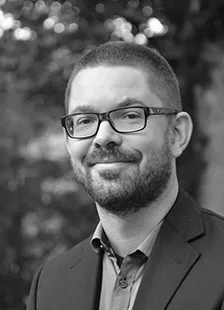The effects of generalised trust - the belief that others, including strangers, can be trusted – were specifically noticeable regarding mortality from cardiovascular disease, but had no significant impact on survival rates among cancer patients. Happiness, by contrast, was not associated with longevity.
The analyses, based on a combination of data from the US National Death Index and nationally representative survey data from about 24 000 Americans surveyed between 1978 and 2010, “were performed with Cox regression models and competing-risk models,” the authors write.
“In final models, generalised trust, but not happiness, showed robust and independent associations with all-cause mortality. … The distinct patterns of association between generalised trust and all-cause/cause-specific mortality suggest that their relationship could be being driven by cardiovascular mortality. In turn, this supports the feasibility of psychosocial pathways as possible biological mechanisms from distrust to mortality.”
Jan Mewes’ co-authors were Alexander Miething (Stockholm University) and Giuseppe N. Giordano (Lund University).



